AS A RADIATION ONCOLOGIST, I HEAR PATIENTS express many diet myths. Today, we will bust some diet myths, focusing on three nutrition lies you must stop believing. Let’s look at 3 nutrition lies.
“The fridge had been emptied of all Dudley’s favorite things — fizzy drinks and cakes, chocolate bars and burgers — and filled instead with fruit and vegetables and the sorts of things that Uncle Vernon called “rabbit food.”
― J.K. Rowling, Harry Potter and the Goblet of Fire
I always hesitate to write about food. It is a health topic that typically lacks high-level evidence.
Moreover, people are remarkably (and understandably) sensitive about their favorite foods.
Myth #1: Soy-based foods increase breast cancer risk.
When I meet my patients with breast cancer, this is the most common myth I encounter.
The myth begins this way: Soy is rich in plant estrogens, known as isoflavones.
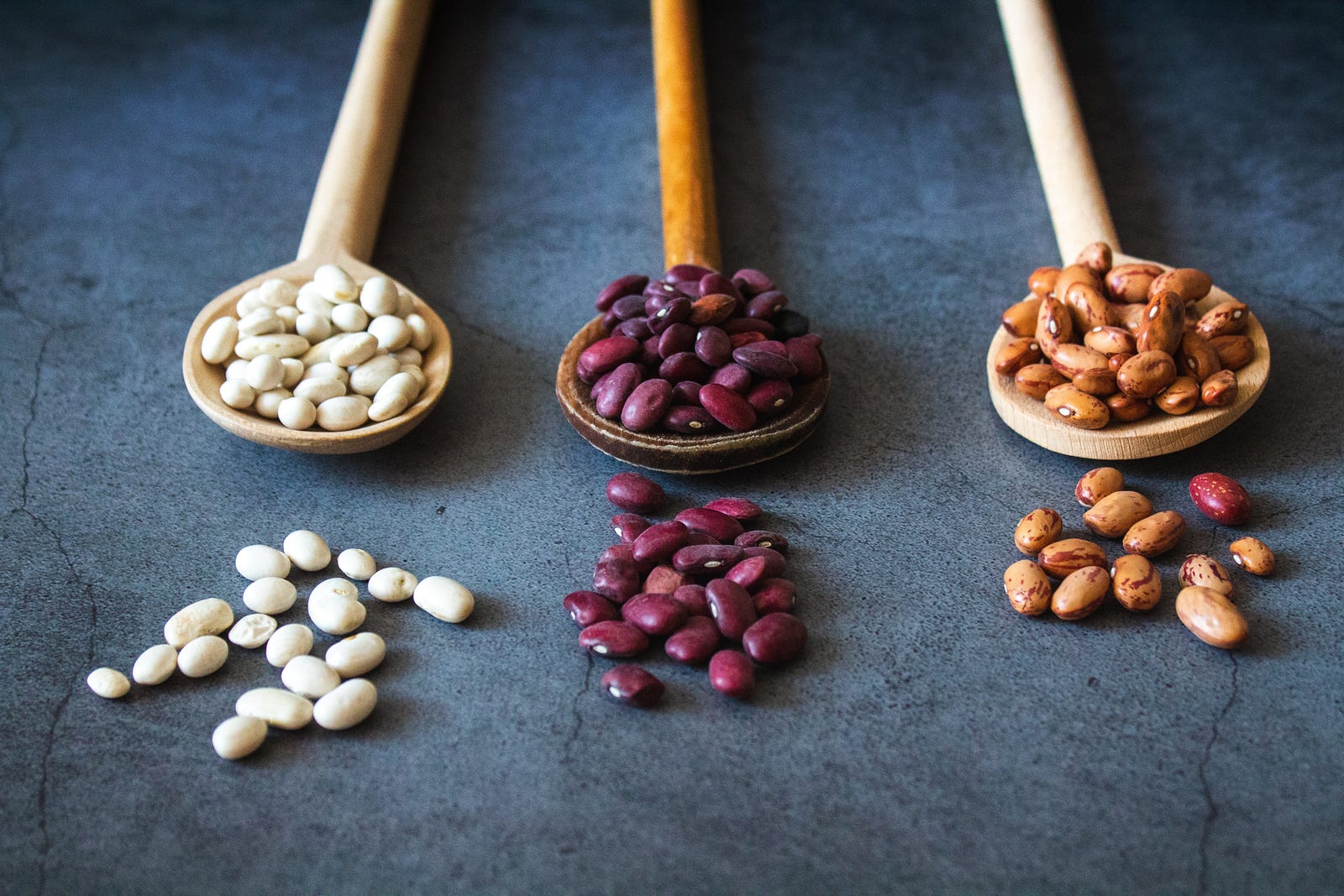
High doses of isoflavones can stimulate breast cancer cell growth in animal models.
Soy and Human Breast Cancer
So here’s the thing: We have not found similar results in humans.
Food containing soy does not have high enough isoflavone levels to increase breast cancer risk.
Writing for the Mayo Clinic (USA), dietician Katherine Zeratsky, RD, LD, offers her take:
Food sources of soy don’t contain high enough levels of isoflavones to increase the breast cancer risk.
In this context, I am unsurprised that we have not substantiated a relationship between soy consumption and human breast cancer risk.
My Thoughts on Soy and Breast Cancer
There are hints that moderate consumption of soy-containing foods — such as tofu, edamame, miso, tempeh, and soy milk — may protect against breast cancer risk and morality.
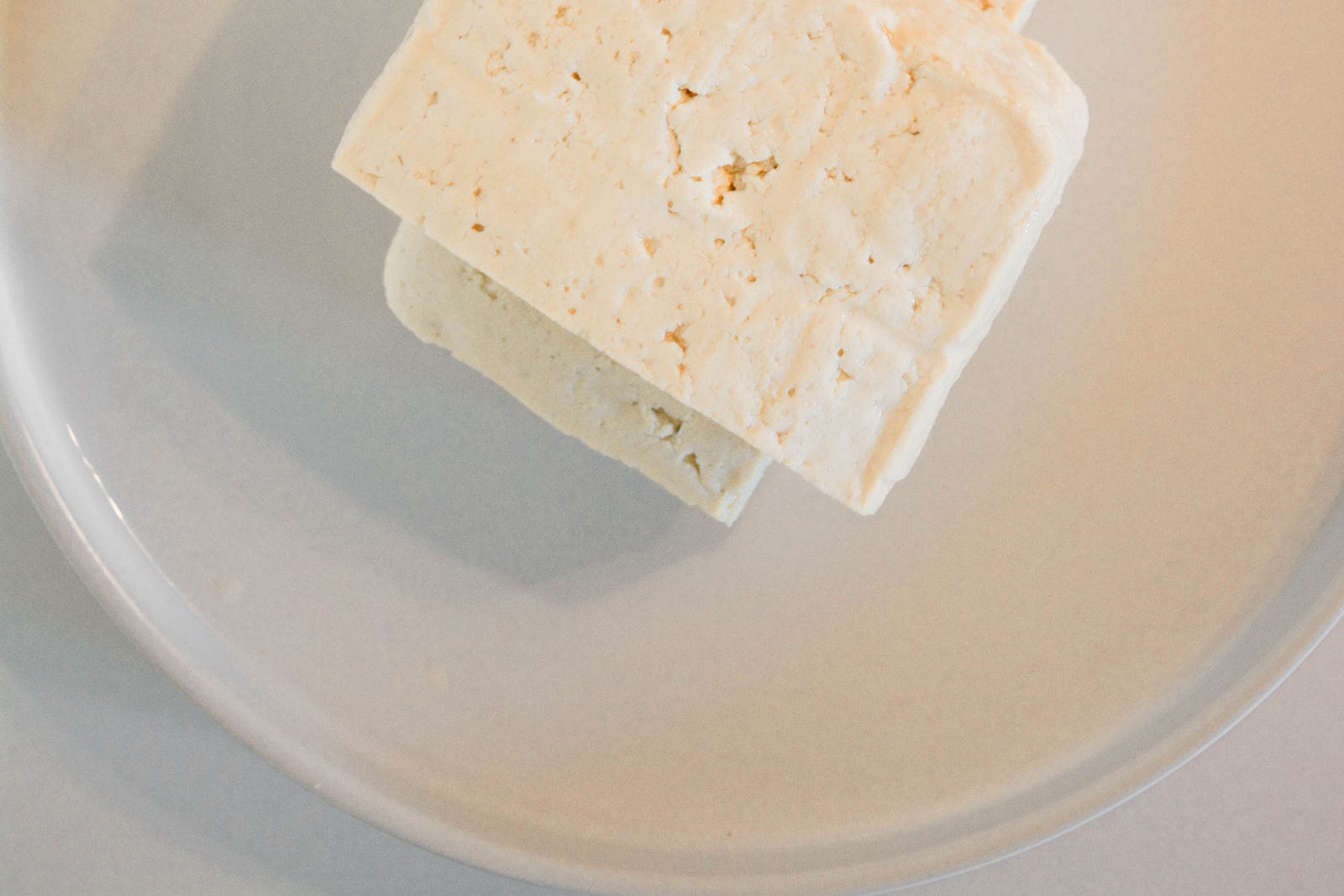
The evidence is clear: Incorporating soy foods into your diet can promote health. For example, the Health Professionals Follow-up Study analyzed 43,000 men.
The researchers discovered that replacing red meat with plant proteins — such as soy foods, beans, and nuts — was associated with a small (14 percent relative) lower risk of heart disease.
Soy consumption via food does not increase breast cancer risk.
I would not use soy supplements.
Soy or isoflavone supplements, on the other hand, generally have higher levels of isoflavones.
Some studies suggest a link between soy or isoflavone supplements and an increased breast cancer risk in women who have a family or personal history of breast cancer or thyroid problems.
I would not use soy supplements.
Myth #2: All Fat is Bad
I have long heard about the perils of dietary fat.
Studies published in the late 1940s reported associations between high-fat diets and elevated cholesterol levels.
The logic became this: Drop your dietary fat, and your heart disease risk would fall.
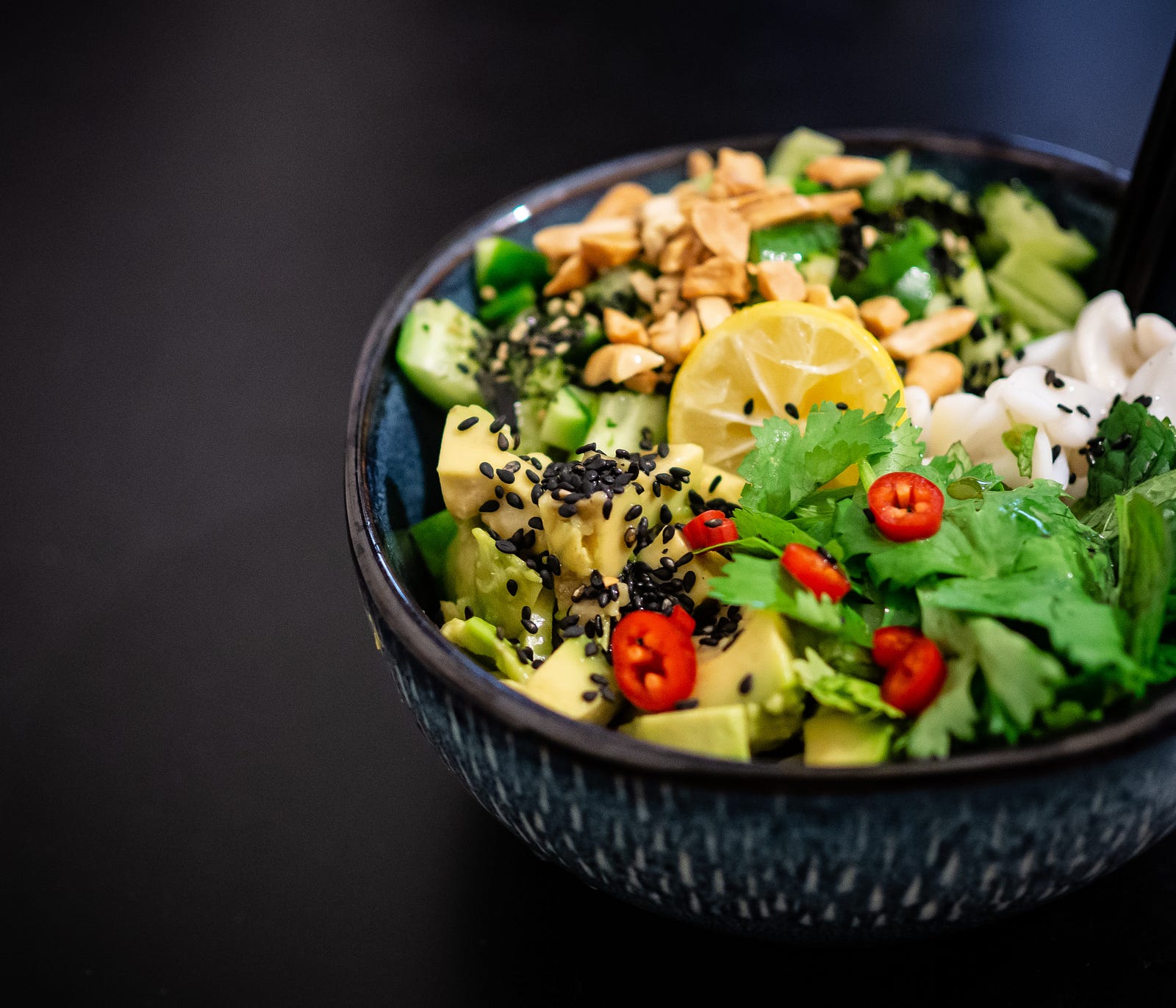
Fat as The Enemy
Fast forward to the 1980s, and low-fat diets seemed the go-to approach to health.
But was there evidence that low-fat diets prevented cardiovascular disease and obesity? Alas, no.
Soon, Americans turned from fat-derived calories to more refined carbohydrates. Added sugar and white flour became ubiquitous.
Alas, the incidences of obesity increased.
There Are Bad Fats
Of course, we now know that not all fats are bad.
Here are the ones I try to avoid:
- Saturated fats
- Trans fats
I know that these “bad” fats can increase my risk of suffering from a heart attack or stroke. My father died of these diseases, so I am especially careful.
And There Are Good Fats
Here are some healthy fats you might want to consider:
- Monosaturated fats (think olive oil, avocados, and some nuts and seeds)
- Polyunsaturated fats (my favorites include walnuts, although I should eat more sunflower seeds, fish, and flaxseeds).
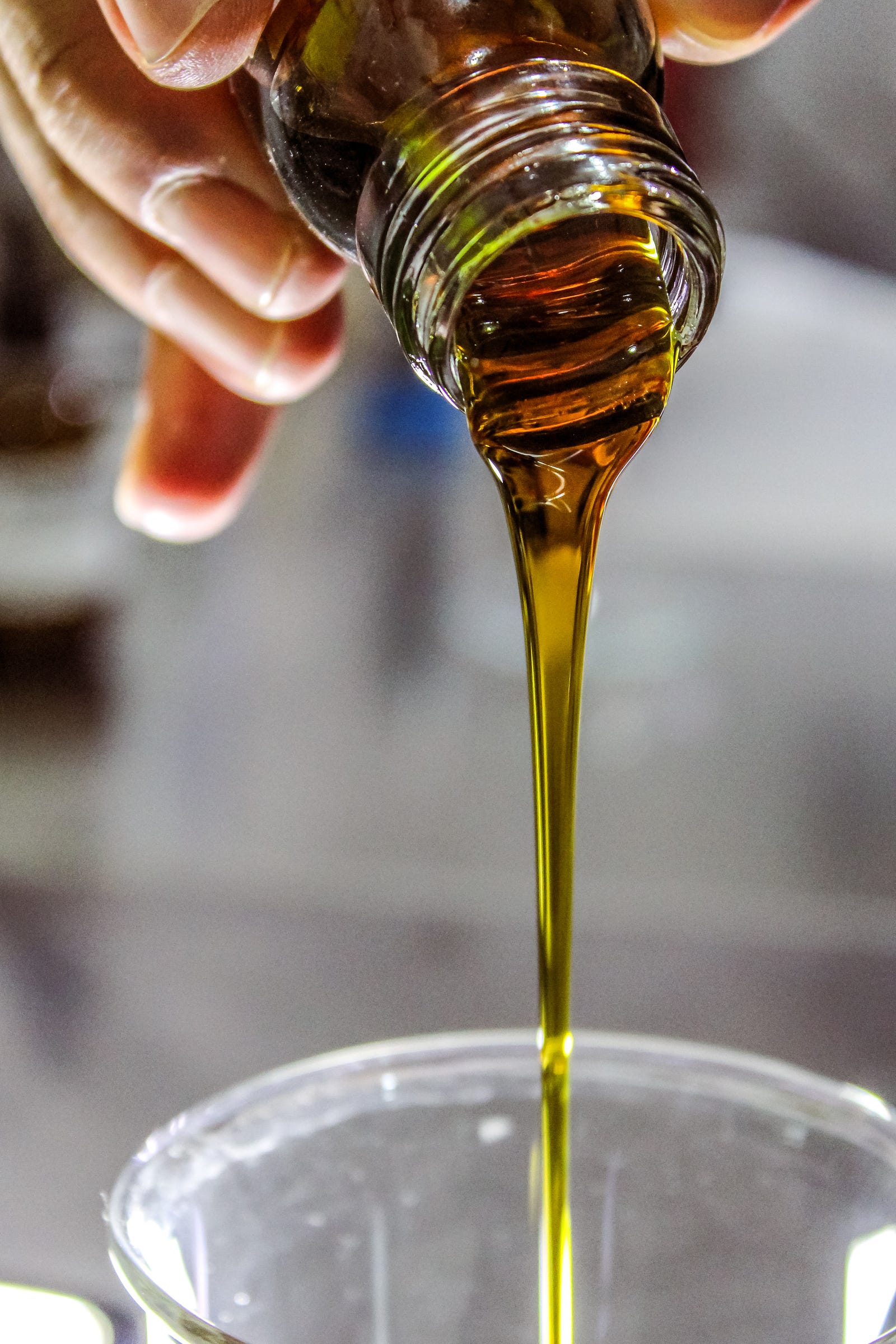
These “good” fats can help me lower my risk of cardiovascular disease.
Tip: If you see a product labeled “fat-free,” that doesn’t necessarily mean it is healthy. I prefer producers without added sugars. Simple foods are usually a good bet.
Myth #3: Canned or Frozen Fruits and Vegetables Aren’t Healthy
Have you heard frozen, dried, or canned fruits and vegetables aren’t good dietary choices? Fresh is best.
Not so fast.
Dried fruits and vegetables are sometimes as good for you as their fresh counterparts.
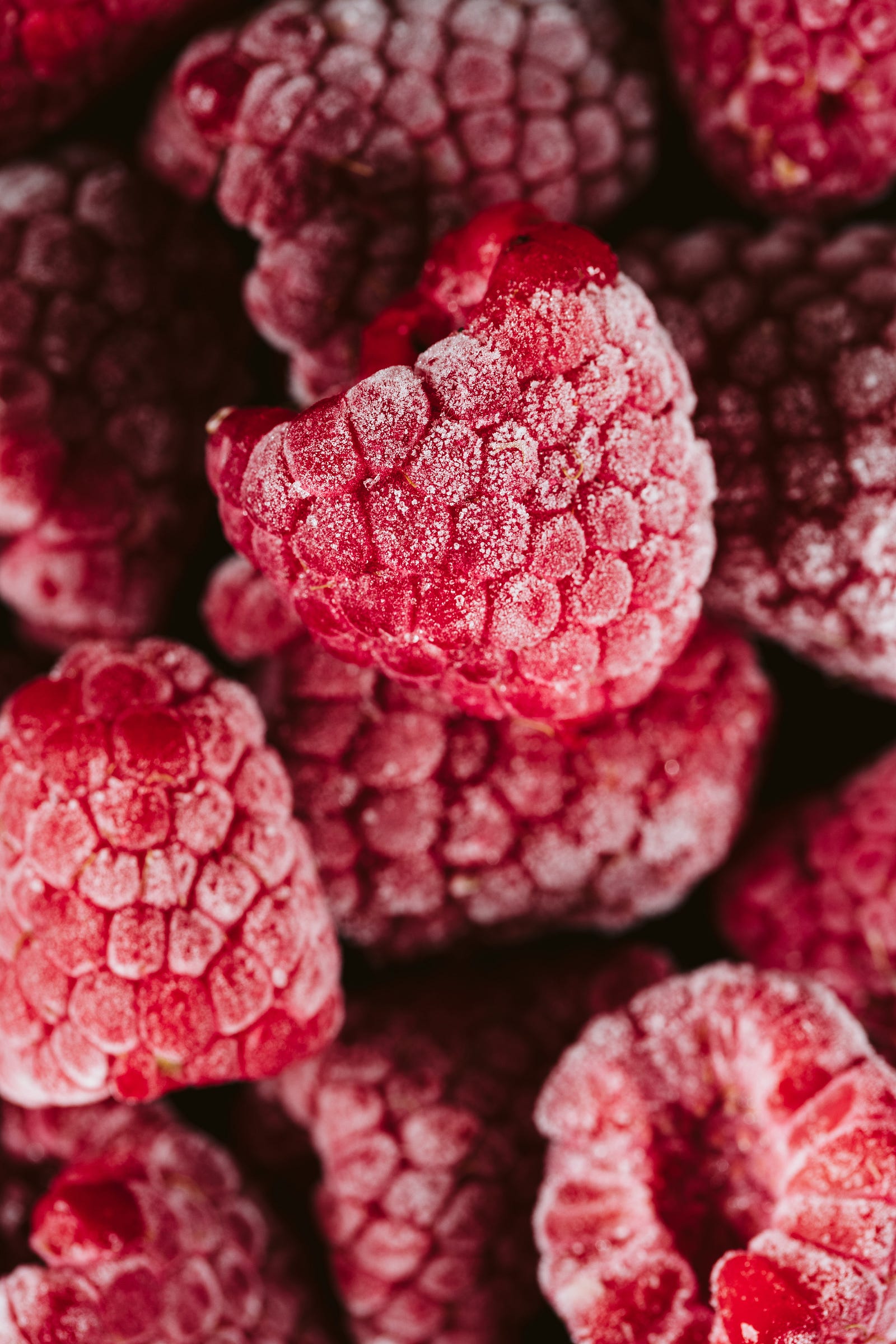
Fresh versus Frozen Fruit
Did you know that frozen fruits sometimes have more nutrients than fresh? For example, this may be the case if the frozen variety had been picked at peak ripeness.
On the other hand, processing causes some nutrient loss. Furthermore, longer storage can lead to the breakdown of valuable nutrients.
In general, freezing can preserve nutrients; the nutritional content of frozen and fresh produce is similar.
Some studies suggest some frozen produce is less nutritionally robust, but the loss of nutrients appears small.
Finally, antioxidant activity appears similar when comparing supermarket produce with frozen types.
Frozen, Canned, or Jarred Produce Can Be A Reasonable Choice
Researchers have examined a variety of fresh, frozen, jarred, and canned fruits and vegetables (including broccoli, carrots, green beans, peas, and spinach).
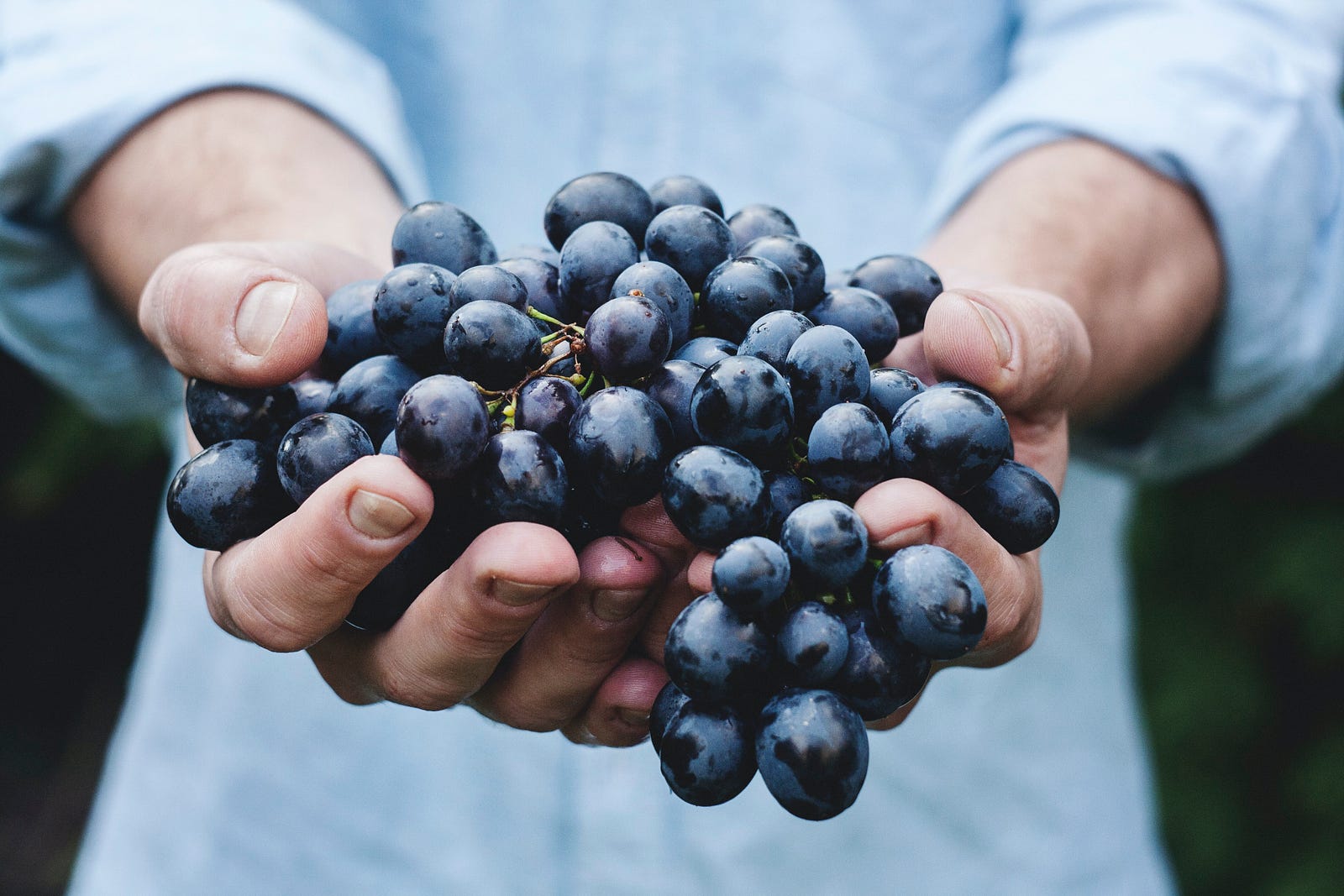
The takeaway message?
In general, frozen produce is nutritionally similar to fresh produce.
If frozen fruits are cheaper, consider them a reasonable alternative to their fresh counterparts. They can be equally nutritious as fresh ones. Moreover, it is a way that I make sure I always have fruits at home.
But, buyer beware: Some non-fresh varieties have added sodium, saturated fats, or sugars. Please read the product labels.
Thank you for reading “3 Nutrition Lies.” On a parallel topic:




